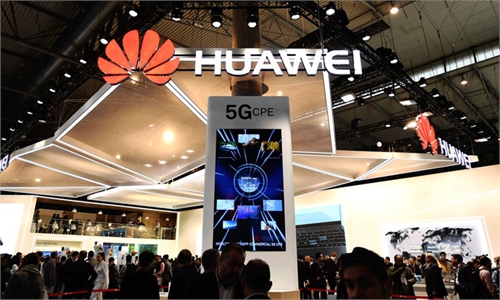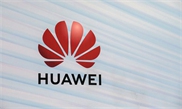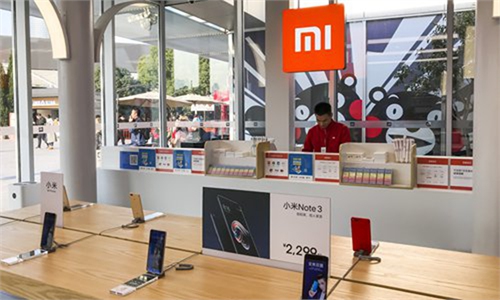COMMENTS / EXPERT ASSESSMENT
Meng’s return boosts Chinese firms’ confidence against US crackdown

Illustration: Xia Qing/GT
After being arbitrarily detained in Canada for 1,028 days, Huawei Chief Financial Officer Meng Wanzhou flew home to China on Friday. A US district judge reportedly accepted the deferred prosecution agreement, which will last until December 1, 2022. Meng has not pleaded guilty and the indictment is expected to be dismissed with prejudice after 14 months, according to her legal counsel.
Although Meng has now returned to China, her release by Canadian authorities cannot whitewash the harm done to Meng by the US and Canada. There are sufficient reasons for Meng and Huawei, a global leader in 5G technology which has been resisting the pressure of a US crackdown, to voice counterclaims or even take corresponding measures to defend their rights. Huawei said in a statement on the day of Meng's return that it will safeguard its interests in an unfounded legal case brought against the firm at an Eastern District court in New York.
Amid the ongoing US trade and tech war against China, it is impossible to expect that China-US and China-Canada relations would return to a golden period. Both China-Canada and China-US relations have suffered severe damages. Meng's return to China in itself does not repair the damages instantly.
More importantly, the inherent contradiction between China and the US has not yet been resolved. US actions to suppress China's high-tech development may further intensify. Given the fact that Canada persisted with its wrongdoings in Meng's case even when it knew they are wrong, it will obviously continue to stand on the side of the US to suppress China despite great benefits from close economic and trade ties with China.
Since the US brazenly launched a trade war against China in 2018, it has banned Huawei from buying parts and components from US companies without US government approval. Despite the US' tightening restrictions on the Chinese tech giant's access to technology and chips, Huawei's revenue rose to a record $122 billion in 2019, and saw growth in both revenue and profit in 2020, meeting the company's targets and showing its resilience.
Three years later, Meng's return without pleading guilty fully demonstrates that the Chinese government has the will and ability to protect the interests of its enterprises and citizens overseas. Meng's return to China also proved that the US' measures to contain China and suppress Chinese companies in the past starts failing.
Almost entirely based on political considerations, the US' suppression of Chinese companies has worsened severely during the Trump administration, and has caused widespread and severe impact on a number of Chinese firms. To counter the unreasonable unilateral sanctions against Chinese companies by the US or other countries, China passed the widely-expected Anti-foreign Sanctions Law in June, providing a comprehensive legal basis for preventing Chinese individuals and entities from suffering the damage resulting from such illegal sanctions.
For China and Chinese companies, especially those in the high-tech sector, Meng's return has largely boosted their confidence to break the US' arbitrary unilateral sanctions. It seems likely that the US will impose further sanctions on Chinese companies. However, the trend of China's technological independence will not stop. Chinese companies will not retreat on the global stage. The victory in Meng's case was hard-won and it also provides Chinese companies with real encouragement. On the same day of Meng's return, Huawei topped China's 500 largest private firms list for the sixth consecutive year with revenues of 891.37 billion yuan ($137.9 billion) in 2020. Honor, the Chinese smartphone brand formerly owned by Huawei, on Monday launched a couple of laptops under the MagicBook brand.
These moves all demonstrate that Chinese tech companies are not surrendering when it comes to science and technology. The US' suppression will inevitably continue, and may even intensify, but Chinese companies will fight back against US containment even more confidently, and will respond more effectively to the US' gradually ineffective measures.
The author is an economics professor at the Renmin University of China. bizopinion@globaltimes.com.cn



